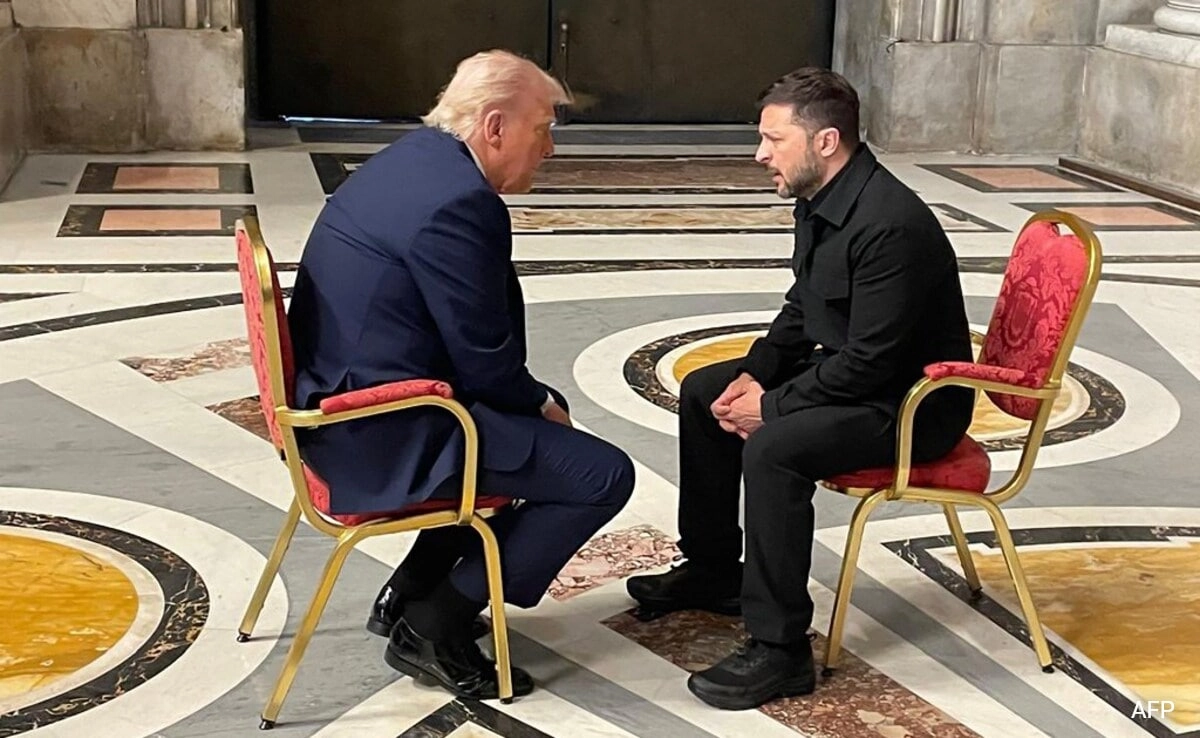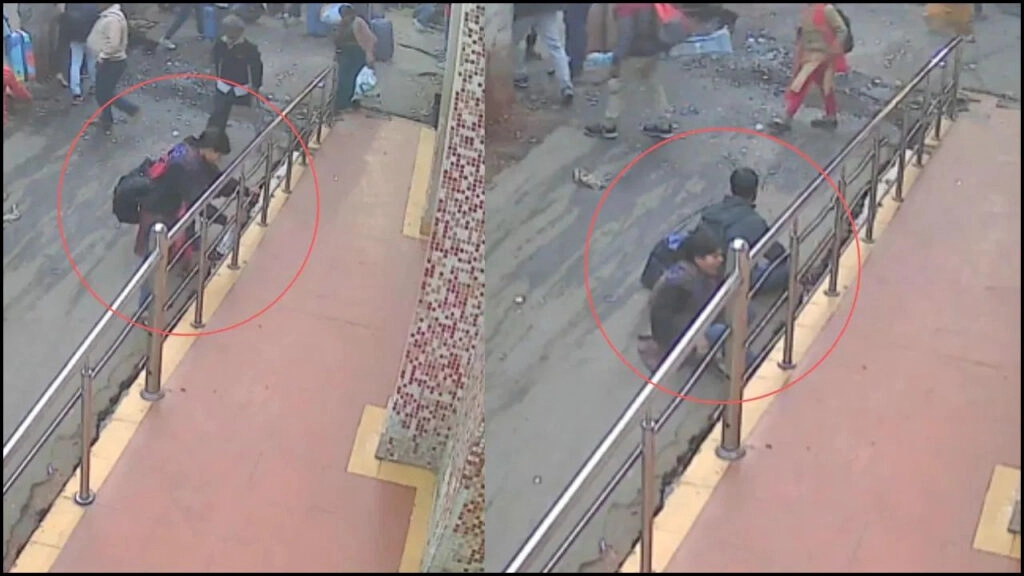In a recent revelation, it has come to light that former President Donald Trump engaged in a conversation with Ukrainian President Volodymyr Zelensky, during which he posed a provocative question: “Can you hit Moscow?” This inquiry underscores the intense geopolitical dynamics at play, particularly in relation to the ongoing conflict between Ukraine and Russia. Trump’s suggestion to Zelensky was not merely a casual remark; it reflected a broader strategy to empower Ukraine in its defense against Russian aggression. By encouraging Ukraine to take a more aggressive stance, Trump seemed to be advocating for actions that would send a strong message to Russian President Vladimir Putin, prompting him to “feel the pain” of his military incursions.
This dialogue between Trump and Zelensky reveals the complexities of international relations and the role of leadership in shaping conflict dynamics. The idea of targeting Moscow raises significant ethical and strategic questions, as it could escalate tensions further and potentially lead to a wider conflict. The ramifications of such actions would not only affect Ukraine and Russia but could also destabilize the broader region and involve other global powers. Trump’s approach highlights a willingness to consider unorthodox methods in dealing with adversaries, showcasing his often confrontational style of diplomacy.
Furthermore, this incident emphasizes the ongoing struggle for Ukraine to assert its sovereignty and the challenges it faces in the face of Russian military operations. By discussing the possibility of striking Moscow, Trump may have been attempting to galvanize support for Ukraine’s defense efforts while simultaneously signaling to Russia that its actions would not go unchecked. The rhetoric surrounding such discussions is crucial, as it can influence public opinion and international responses to the crisis. As tensions continue to simmer, the international community is watching closely to see how Ukraine will navigate its relationship with both the United States and Russia amid these provocative statements.
In essence, Trump’s inquiry to Zelensky encapsulates a moment in time where the stakes are incredibly high, and the strategies employed by world leaders can have far-reaching consequences. It serves as a reminder of the intricate dance of diplomacy, where words can carry the weight of potential conflict, and the decisions made by leaders can alter the course of history. The conversation not only sheds light on the current geopolitical landscape but also raises important questions about the future of U.S.-Ukraine relations and the ongoing struggle for peace and stability in Eastern Europe.




